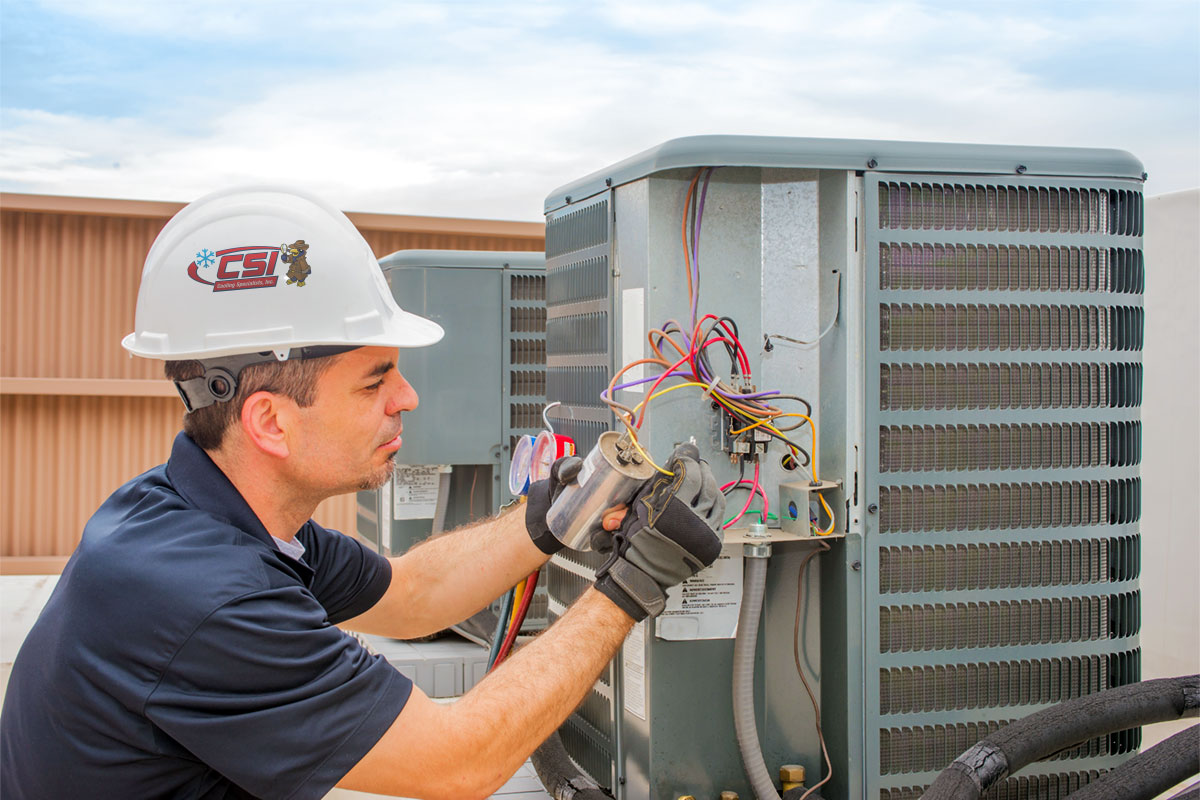The heating, ventilation, and air conditioning unit has a critical role in maintaining comfort inside your home throughout the shifting seasons. It not only regulates temperature but also impacts indoor air quality and energy efficiency. However, like any major home equipment, your HVAC system has a duration and may need an upgrade after a long time of service. Identifying the signs that your system is failing can protect you from unexpected failures and greater energy bills in the future.
If you notice yourself frequently changing the thermostat, facing variable temperatures, or dealing with increased energy expenses, it might be time to assess your HVAC system. In this article, we will discuss the key signs which indicate your HVAC system may need an upgrade. By recognizing these warning signals, you can make informed decisions about your heating and cooling systems and opt for solutions that boost both comfort and efficiency in your home.
Understanding HVAC Systems
HVAC stands for heating, ventilation, and air conditioning. These setups are essential for maintaining comfortable indoor temperatures and air quality in homes and structures. The primary function of an HVAC system is to control heat, ensuring that spaces are cozy during winter months and cool in the summer. Moreover, these systems play a key role in filtering and circulating atmosphere, which contributes to a healthy indoor environment.
The way your HVAC system works involves multiple components, including heaters, cooling units, ductwork, and temperature controls. The heating component warms the air, while the air conditioning unit chills it. Air flow occurs through the movement of air inside and outside, allowing new air access while removing stale air. Comprehending these components helps residents identify when their systems may require service or upgrades.
Common issues can arise over the years, leading to reduced efficiency and higher energy costs. Problems such as dirty filters, worn-out parts, or duct leaks can impair operational efficiency. Consistent maintenance is essential for extending the life of your heating and cooling unit and making sure it operates at optimal efficiency. By noticing signs of wear and tear early on, property owners can make wise choices about repairs or required upgrades.
Common Heating, Ventilation, and Air Conditioning Issues and Resolutions
One of the most common problems homeowners encounter is insufficient heating or cooling. This issue often arises from dirty filters, obstructed ducts, or faulty thermostats. Regular maintenance, including replacing air filters and ensuring proper airflow, can alleviate these concerns. If https://posteezy.com/seasonal-heating-ventilation-and-air-conditioning-checklists-getting-ready-winter-and-warm-months persists, it may be advisable to seek the advice of a professional to diagnose potential problems with the HVAC system's components.
Another frequent issue is unusual noises emanating from the HVAC unit, such as banging, scraping, or squealing sounds. These noises can indicate loose or broken parts, worn bearings, or even foreign objects in the blower. Homeowners should investigate these sounds promptly, as they can lead to more severe damage if left unaddressed. Scheduling seasonal maintenance can help detect and resolve these issues before they worsen.
Finally, increased energy bills often indicate poor performance in an HVAC system. These issues can stem from outdated units, poor insulation, or inaccurate thermostat settings. Homeowners can improve energy efficiency by sealing ducts, upgrading to Energy Star-rated equipment, and using intelligent thermostats to optimize heating and cooling schedules. Evaluating and addressing these issues can lead to significant savings and better comfort.
Deciding on and Caring for Your HVAC System
When deciding on an HVAC system for your home, it is important to consider factors such as the size of your home, local climate, and energy performance ratings. Carrying out a load calculation helps find out the correct size of the unit, ensuring ideal performance without overspending on energy bills. It is also wise to explore modern options like ductless mini-split systems or geothermal heating and cooling, which may offer improved efficiency and flexibility compared to conventional systems. Looking into various brands and consulting HVAC professionals can also guide you towards a system that adequately fulfills your needs.
Once your HVAC system is set up, regular maintenance is essential for its durability and efficiency. Seasonal tune-ups, which include cleaning filters, examining ductwork, and inspecting components, help prevent breakdowns and extend the life of your system. Keeping an eye on your energy bills can also be a helpful indicator of your system's condition; any sudden increase in costs can signal problems that need to be addressed promptly. Scheduling maintenance in the spring and the fall prepares your system for the challenges of severe weather, ensuring dependable performance year-round.
Investing in a smart thermostat can improve your HVAC system's efficiency even further. These devices allow you to program temperature settings based on your schedule, helping to decrease energy consumption while keeping comfort. Additionally, incorporating premium air filters can boost indoor air quality, reduce allergens, and safeguard your system from dust and debris buildup. Overall, a thoughtful approach to deciding on and caring for your HVAC system will result in improved performance, reduced energy costs, and a healthier home environment.

